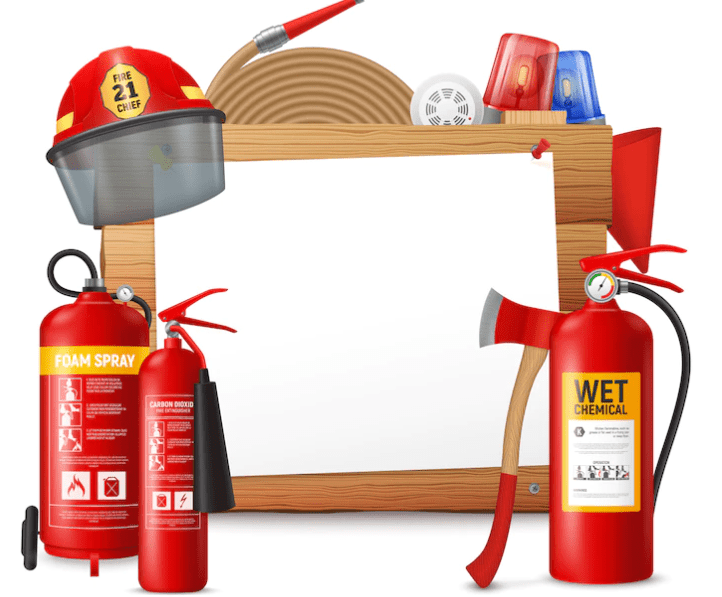A fire alarm system is a complex element of your property that becomes integrated with other programs in your building. Because of this, a fire alarm system must follow specific building, electrical, and fire alarm codes, along with different standards and regulations.
You put these criteria in place to protect your building, employees, customers, and visitors on your property.
It’s essential for business owners to familiarize themselves with these codes and standards to ensure their building remains compliant.
What Businesses Require Fire Alarms?
Various federal and state laws require commercial properties to install fire alarms to provide safety. The National Fire Protection Association (NFPA) sets the standard for minimum requirements for fire alarm systems in the following types of businesses:
- Apartment buildings
- Hospitals and outpatient clinics
- Schools
- Factories and laboratories
- Retail spaces
- Offices
- Banks
- Salons and barber shops
- Animal hospitals and kennels
You keep fire alarm systems in many places of assembly, such as places of worship and movie theatres, up to all codes and standards.
Different standards may apply to each type of commercial space based on property and occupancy type. For instance, restaurants must have kitchen fire systems.
This includes kitchen hood systems to collect heat, grease, and fumes in order to prevent a fire in your commercial kitchen.
Fire Alarm Codes vs. Standards
People often use the words “code” and “standard” interchangeably. However, when it comes to fire alarms, these terms have two different definitions.
Codes begin as rules and regulations that often become laws.
Once established, every business must follow these rules to ensure reasonable safety for occupants.
A committee creates standards to set the minimum requirements for installing fire alarm systems.
These requirements focus on specific system parts and establish installation, inspection, and maintenance guidelines.
Important Fire Alarm Codes
Fire alarm codes define where and when a specific type of protection is required. While these are the minimum rules and requirements for any business, everyone is encouraged to exceed the minimum.
You can reference these fire alarm and fire-related codes as you learn about this part of your business:
Flammable and Combustible Liquids (NFPA 30)
The code NFPA 30 provides protocols to limit the hazards associated with storing, handling, and using flammable and combustible liquids.
National Fuel Gas (NFPA 54)
NFPA 54 lists the minimum requirements for designing and installing fuel gas piping systems in your building.
National Electrical Code (NFPA 70)
NFPA 70 addresses electrical safety provisions that protect employees during the installation, maintenance, and operation of electrical equipment.
Building Construction and Safety Code (NFPA 5000)
The code NFPA 5000 establishes the requirements for construction, protection, and occupancy to protect life, property, and health and minimize injuries to the public.
Key Fire Alarm Standards
A fire alarm standard details how specific protection detailed in the code can be executed. Some of the fire alarm and fire-related standards you can become familiar with are:
Standard for Portable Fire Extinguishers (NFPA 10)
NFPA 10 details requirements to ensure portable fire extinguishers work as designed to prevent small fires from spreading.
Standard for the Installation of Sprinkler Systems (NFPA 13)
Under standard NFPA 13, you’ll find guidelines for designing and installing an automatic fire sprinkler system to help prevent property damage and death.
Standard for the Installation of Standpipes and Hose Systems (NFPA 14)
NFPA 14 includes conditions for installing hose systems and standpipes to ensure they work as intended and deliver water during an emergency.
Standard for the Installation of Stationary Pumps for Fire Protection (NFPA 20)
NFPA 20 is designed to protect property and life by establishing how to select and install pumps to ensure they will deliver water during a fire emergency.
Protecting Your Business from Fires
A fire alarm system is a vital part of any commercial building, and meeting the codes and standards for these systems can help you ensure your employees, clients, and property are protected. Visit the National Fire Protection Association website for a more detailed list of fire alarm codes and standards.

